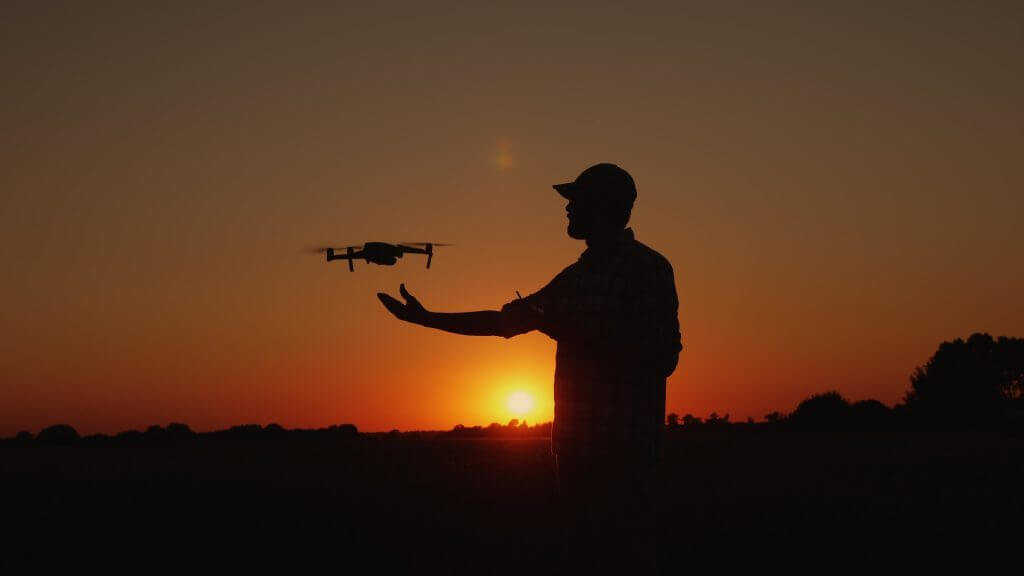If you’re flying drones commercially, for real estate, construction, inspections, agriculture, or film, you’re not just a hobbyist anymore. You’re a professional operator, and that means you’re legally and financially responsible for every flight you take. That’s why having the right drone insurance for commercial pilots is absolutely essential.
Why Commercial Drone Pilots Need Insurance
Commercial drone pilots face higher risk, greater liability, and stricter client requirements than recreational users. The FAA doesn’t mandate insurance, but nearly every client, film permit, and business contract does.
Without insurance, one small accident could result in property damage, injury claims, or lawsuits that could bankrupt your business.
What Drone Insurance Covers for Commercial Pilots
Comprehensive commercial drone insurance typically includes:
– Liability Coverage: Protects against third-party injury and property damage claims.
– Hull Coverage: Covers physical damage or theft of your drone.
– Payload Coverage: Protects cameras, sensors, and LIDAR systems.
– Personal Injury Coverage: Covers privacy or reputational claims from aerial filming.
– Non-Owned Coverage: Protects you when flying rented or borrowed drones.
– Fleet Coverage: For companies operating multiple drones under one policy.
How Much Does Commercial Drone Insurance Cost?
At BWI Aviation Insurance, we typically see professional pilots paying between $600 and $2,500 per year for $1M liability coverage. Comprehensive packages including hull and payload protection average around $1,500 to $3,000 annually. Enterprise fleets or large-scale industrial operators can see costs upward of $10,000 depending on coverage limits.
Real-World Example
A commercial drone pilot performing a roof inspection in Texas accidentally lost GPS signal, causing their drone to crash through a client’s skylight. The total damage was over $9,000. Their BWI commercial drone policy covered everything, property repairs, legal costs, and drone replacement. The client rehired them for future jobs, impressed by their professionalism and preparedness.
What Factors Affect Your Premium?
1. Drone Value: Higher-value drones cost more to insure.
2. Liability Limits: $1M is standard; $5M+ may be required for large contracts.
3. Type of Work: Real estate and agriculture are lower-risk than industrial or crowd events.
4. Experience & Certification: FAA Part 107 certification and logged flight hours reduce cost.
5. Claims History: Clean records lead to better rates.
Benefits of Working with a Specialized Aviation Broker
Many general insurers don’t fully understand aviation risk. Working with an aviation-specific broker like BWI ensures you’re properly covered with policies designed for drone operations.
BWI offers:
• Access to multiple aviation carriers
• Same-day certificates for client contracts
• Dedicated claims support
• Scalable coverage as your business grows
Conclusion
As a commercial pilot, your drone isn’t just a piece of equipment, it’s your livelihood. Insurance protects not only your gear but your income, your contracts, and your reputation. If you’re flying professionally, drone insurance isn’t optional, it’s essential.
Get your commercial drone insurance quote today from BWI Aviation Insurance.
—
BWI Aviation Insurance | bwifly.com | (800) 666-4359
Continue Reading



